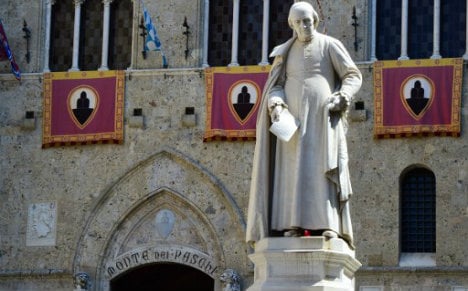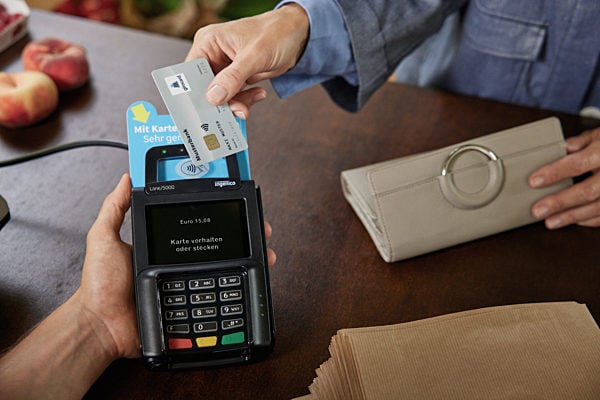The stock of BMPS, the world's oldest bank which has become the eurozone banking sector's problem child, rose over 10 percent at the opening on news of the plan, which could turn out to be a welcome alternative to drastic restructuring measures demanded by the European Central Bank.
It settled at €0.31, up 6.5 percent on the day, by mid-morning.
The ECB told BMPS, Italy's third-biggest bank, this month that it must offload €9.6 billion of non-performing assets within two years.
The bank, working with US bank JP Morgan and Italy's Mediobanca, has submitted a plan to shift the bad loans with the help of the Atlante fund, created specifically to take on doubtful banking assets.
The plan also calls for a capital increase of five billion euros to boost capital reserves.
But late Thursday, BMPS said it had received an alternative proposal from Corrado Passera, a former chief executive of the Intesa Sanpaolo bank and ex-minister for economic development and UBS.
The bank's board, which meets on Friday to approve first-half results, will now look closely at the proposal, which came as a complete surprise to financial markets.
“The board quickly launched a series of in-depth preparatory studies” to analyse the proposal, BMPS said.
At the end of that process, it will inform markets of its conclusions, the bank said.
Later on Friday, BMPS will the focal point of stress test results for Europe's top banks to be published by London-based European Banking Authority at 11 PM.
The tests for 51 banks from 15 European countries, representing 70 percent of Europe's banking assets, will be a key measure of the sector's stability.
BMPS, whose stock has fallen by over 80 percent over the past 12 months, is seen as particularly vulnerable.
Italian daily Il Sole 24 Ore said BMPS will come out as the worst performer by far among Italy's five major banks.
EUROPEAN UNION
New rescue plan sends shares Italy’s oldest bank soaring
Shares in Monte Paschi di Siena (BMPS) soared on the Milan stock exchange Friday, boosted by a possible new lifeline tabled by a veteran Italian banker and Swiss giant UBS.
Published: 29 July 2016 11:31 CEST

The ancient headquarters of Monte dei Paschi di Siena. Photo:Carlo Hermann/AFP
Url copied to clipboard!


 Please whitelist us to continue reading.
Please whitelist us to continue reading.
Member comments